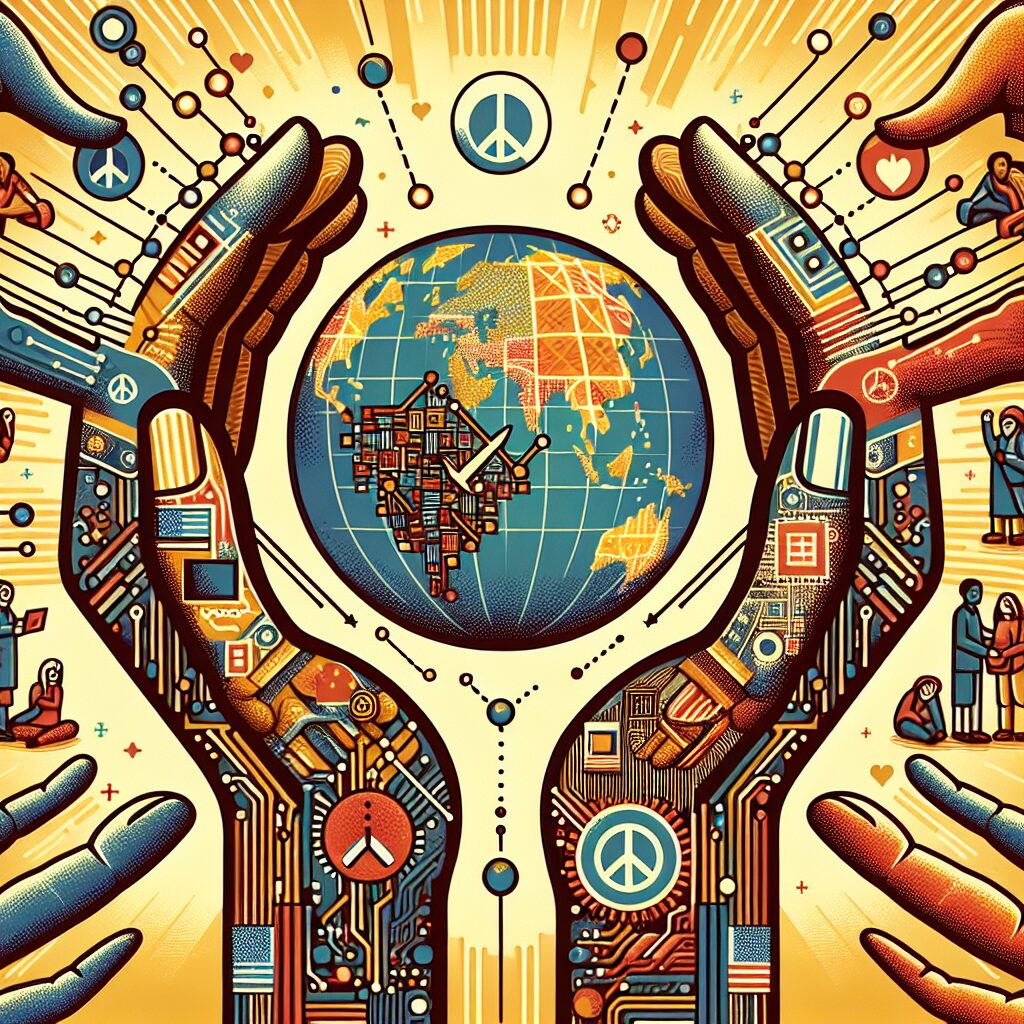The fabric of international relations is often tested through the delicate dance of diplomacy and policy. Today, the United States has taken bold steps in its dance with China, tightening restrictions in a move that seems to reflect a crescendo in tensions between the two global powerhouses. The latest policies focus on severe constraints targeting China’s capabilities in the semiconductor industry and also reshape the landscape for Chinese students studying in the U.S.
With today's announcement, the U.S. aims to significantly stifle China's accessibility to advanced chip technology—a sector that pulses at the heart of modern tech development. Semiconductors are crucial for everything from smartphones to advanced military systems, and by tightening the reins on this technology, the U.S. not only seeks to protect its own technological supremacy but also to prevent potential military applications by Beijing. This step is seen by many as a strategic shield against the rise of a technological rival.
Parallel to the tech restrictions are changes impacting Chinese students in America. In an equally striking action, the U.S. authorities have declared a rigorous revocation of visas. This shift is poised to unsettle numerous lives, as students find themselves ejected from some of the country’s premier educational institutions. This move could significantly dim the lights on what has been a vibrant aspect of cultural and intellectual exchange between China and the U.S.
Both actions sprinkle further uncertainty over the already fragile grounds of U.S.-China relations. This escalation follows a controversial U.S. court ruling which deemed President Trump's tariffs on Chinese imports illegal—an action the White House is now appealing. The juxtaposition of the tightening restrictions against the backdrop of this legal turmoil sketches a complex picture of the future engagements between these two giants.
The implications of these policy shifts reverberate far beyond the confines of technology and academia. They might reshape the landscape of international trade, technological collaboration, and cultural exchange in profound ways. For students, this could mean recalibrating their life plans and aspirations, faced with abrupt ends to their educational journeys in the U.S. For the global tech industry, it means navigating a landscape where key players might be missing critical pieces of the puzzle.
As tensions escalate, the ripple effects are likely to touch various spheres, from tech industry executives to university halls and family living rooms across China and the U.S. As these policies unfold, the international community remains a keen observer, watching closely as each move in this high-stakes geopolitical chess game could mean new global alignments or deeper divides.
How will these strategies impact the delicate balance of power on the global stage? What will be the long-term repercussions for international relations and global technology leadership? These questions hang in the air, inviting us to reflect on the intricate interplay of policy, power, and people.
FAQs:
1. What are semiconductors and why are they important?
Semiconductors are materials that partially conduct electricity, vital for creating electronic chips that power almost all modern electronics. Their importance in everything from consumer gadgets to sophisticated defense systems makes them a focal point in global technological supremacy.
2. How might these U.S. policies affect global tech industries?
By restricting China’s access to advanced semiconductor technology, the U.S. could slow China’s tech progression but also may spur retaliatory measures, potentially leading to a fractured global tech landscape with split markets and increased costs.
3. What could be the impact of visa revocations on Chinese students in the U.S.?
Visa revocations can disrupt the educational and future career paths of these students, while also impacting U.S. universities that benefit from a diverse student population and the tuition fees that international students typically pay.
4. Could these U.S. actions affect the broader U.S.-China relationship?
These measures signify a hardening stance that could embitter relations, reduce diplomatic dialogue, and escalate into further reciprocal actions that might affect various sectors, including trade, technology, and education.
#USChinaTensions #GlobalPolitics #TechWar #InternationalStudents #SemiconductorBan #VisaPolicy #EducationImpact #GeopoliticalShifts #GlobalTechLeadership
